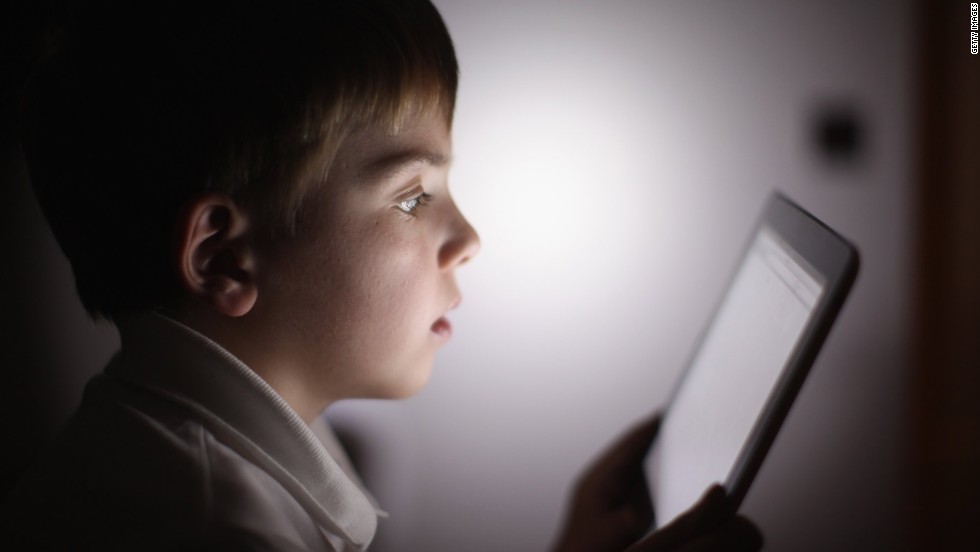
Get your kids vaccinated. Use the right car seat. Make sure they wear their bike helmets. Oh, and limit their screen time.
Most parents willingly act on the recommendations of health and safety officials when it comes to the well-being of their children. But will they pay attention to new guidelines from the World Health Organization (WHO) regarding screen time?
“The World Health Organization issued strict new guidelines Wednesday on one of the most anxiety-producing issues of 21st-century family life: How much should parents resort to videos and online games to entertain, educate or simply distract their young children?” write Craig Timber and Rachel Siegel in The Washington Post.
“The answer, according to WHO, is never for children in their first year of life and rarely in their second. Those aged 2 to 4, the international health agency said, should spend no more than an hour a day in front of a screen,” the article continues.
Cue the double takes from harried parents who often look to digital devices to keep their kids occupied. And with almost all (95%) of families with kids under 8 owning smartphones – and 42% of kids in those families counting tablets among their toys – access is ridiculously easy. And it’s leading to what some believe is a generation of screen-addicted kids.
Why the concern? According to the article, a growing body of science reports risks to child development when kids spend too much time with digital devices.
“Experts in child development say the acquisition of language and social skills, typically by interacting with parents and others, are among the most important cognitive tasks of childhood,” the article notes. By replacing that interaction with screen time, common sense alone tells us there’s going to be problems.
But will busy parents abide by these new guidelines?
“It induces a real conflict,” said University of Michigan pediatrician Jenny Radesky, author of screen-time guidelines for the American Academy of Pediatrics in 2016. “The more guidelines we give, it just seems like there’s going to be more of a mismatch between what experts say … and what it feels like to be a parent in the real world every day.”
To be sure, as the article notes, not all screen time is created equal. I don’t imagine time spent Facetiming Grandma is the kind of limits we’re talking about here. It’s the tendency for us to hand over the electronics instead of helping our kids engage in self-soothing or creative activities of their own that puts these kids at risk in my opinion.
Will parents listen to the new guidelines? Some will, for sure. A number of Silicon Valley parents are speaking out about the tech they’ve built now that they have kids of their own. There’s growing awareness of digital minimalism in adults, and that’s likely to have an impact on parenting styles. Many more will likely debate the issue on social media, as their own tendency to go online for interaction is strong. I hope it will give some parents pause and encourage them to at least limit their kids’ digital consumption, and maybe read a book together once in a while.
